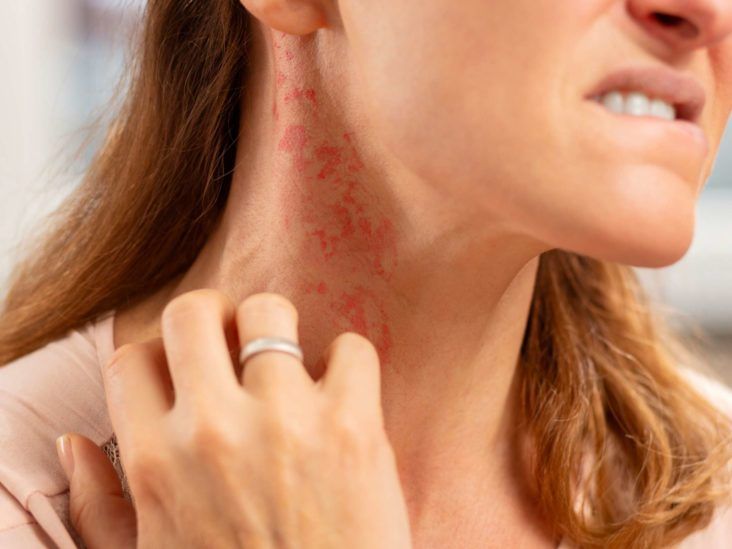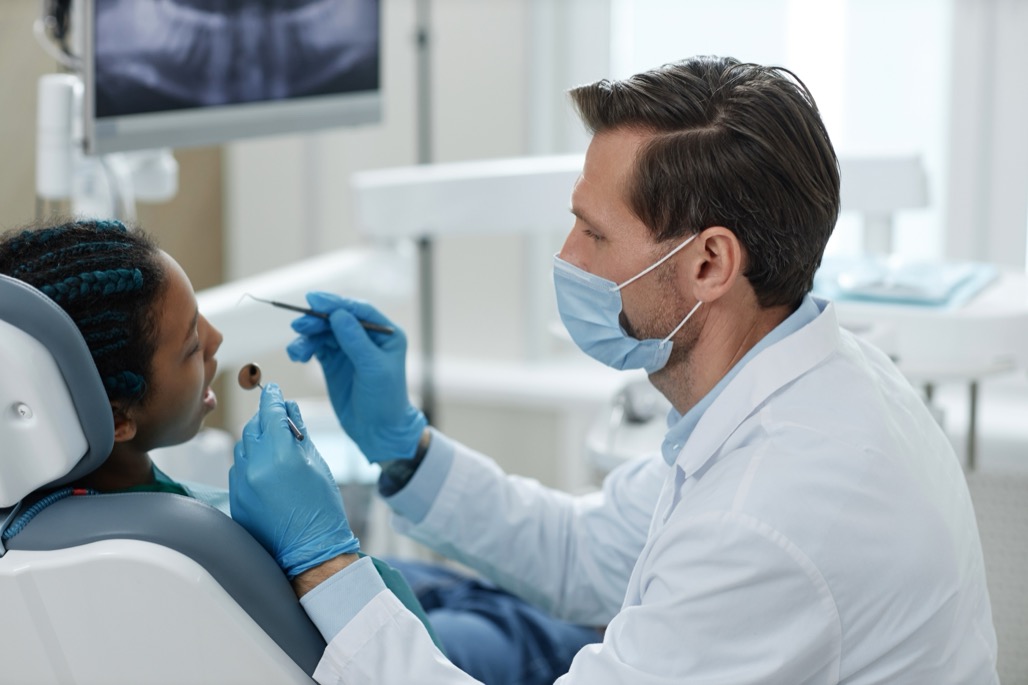
Unraveling the Mystery of Body Itching: Insights and Solutions
Understanding Body Itching
Body itching, also known as pruritus, is a common and often bothersome symptom that can affect anyone at any age. It manifests as an uncomfortable sensation that prompts the desire to scratch the affected area. While occasional itching is normal and usually harmless, persistent or severe itching may indicate an underlying medical condition that requires attention.
Causes of Body Itching
Body itching can be caused by a variety of factors, ranging from benign to more serious conditions. Common causes include dry skin, allergic reactions to certain foods or medications, insect bites, and irritants such as soaps or detergents. Additionally, underlying medical conditions such as eczema, psoriasis, liver or kidney disease, thyroid disorders, and nerve damage can also contribute to persistent itching.
Symptoms and Presentation
The presentation of body itching can vary depending on its underlying cause and severity. It may manifest as a mild annoyance or become so intense that it interferes with daily activities and sleep. In some cases, itching may be accompanied by other symptoms such as redness, swelling, rash, or changes in skin texture. Identifying any accompanying symptoms can help narrow down potential causes and guide appropriate treatment.
Diagnostic Evaluation
Diagnosing the cause of body itching often requires a thorough evaluation by a healthcare professional. This may include a comprehensive medical history review, physical examination, and diagnostic tests such as blood tests, skin biopsies, and allergy testing. Identifying the underlying cause of itching is essential for determining the most appropriate treatment approach.
Treatment Options
Treatment for body itching depends on its underlying cause and severity. In many cases, simple home remedies such as moisturizing the skin, avoiding known triggers, and using over-the-counter anti-itch creams or lotions may provide relief. For itching associated with underlying medical conditions, prescription medications such as antihistamines, corticosteroids, or immunosuppressants may be necessary to manage symptoms effectively.
Preventive Measures
Preventing body itching often involves identifying and avoiding triggers that exacerbate symptoms. This may include avoiding harsh soaps or detergents, wearing loose-fitting clothing made of natural fibers, and maintaining proper skin hygiene. Additionally, managing underlying medical conditions and practicing good overall health habits can help reduce the risk of developing itching-related complications.
Lifestyle Modifications
Making certain lifestyle modifications can also help alleviate body itching and improve overall skin health. This may include staying hydrated by drinking plenty of water, avoiding excessive heat or cold that can dry out the skin, and incorporating stress-reduction techniques such as meditation or yoga into your routine. Additionally, avoiding scratching or rubbing the affected area can help prevent further irritation and promote healing.
Seeking Professional Guidance
If you’re experiencing persistent or severe body itching that doesn’t improve with home remedies or over-the-counter treatments, it’s essential to seek medical attention. A healthcare professional can help identify the underlying cause of itching and develop a personalized treatment plan tailored to your specific needs. Don’t hesitate to reach out for help if itching is interfering with your quality of life. Read more about body itching




